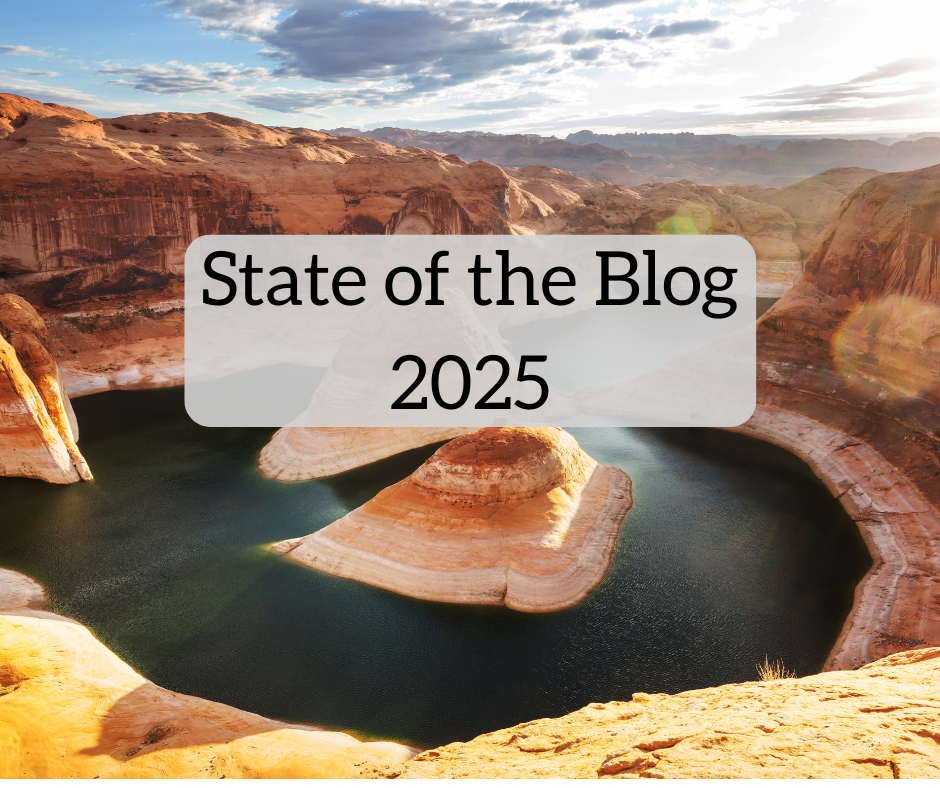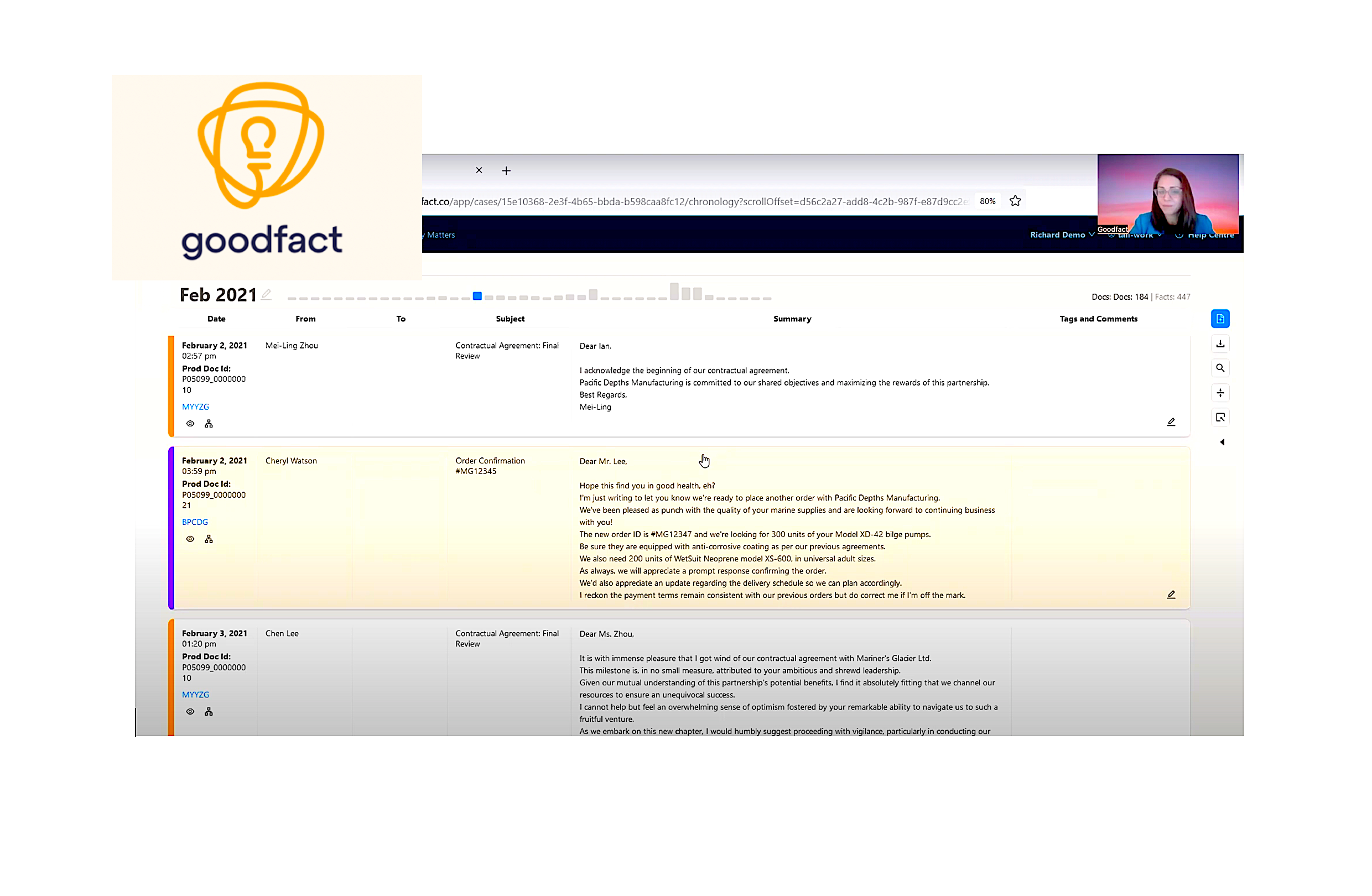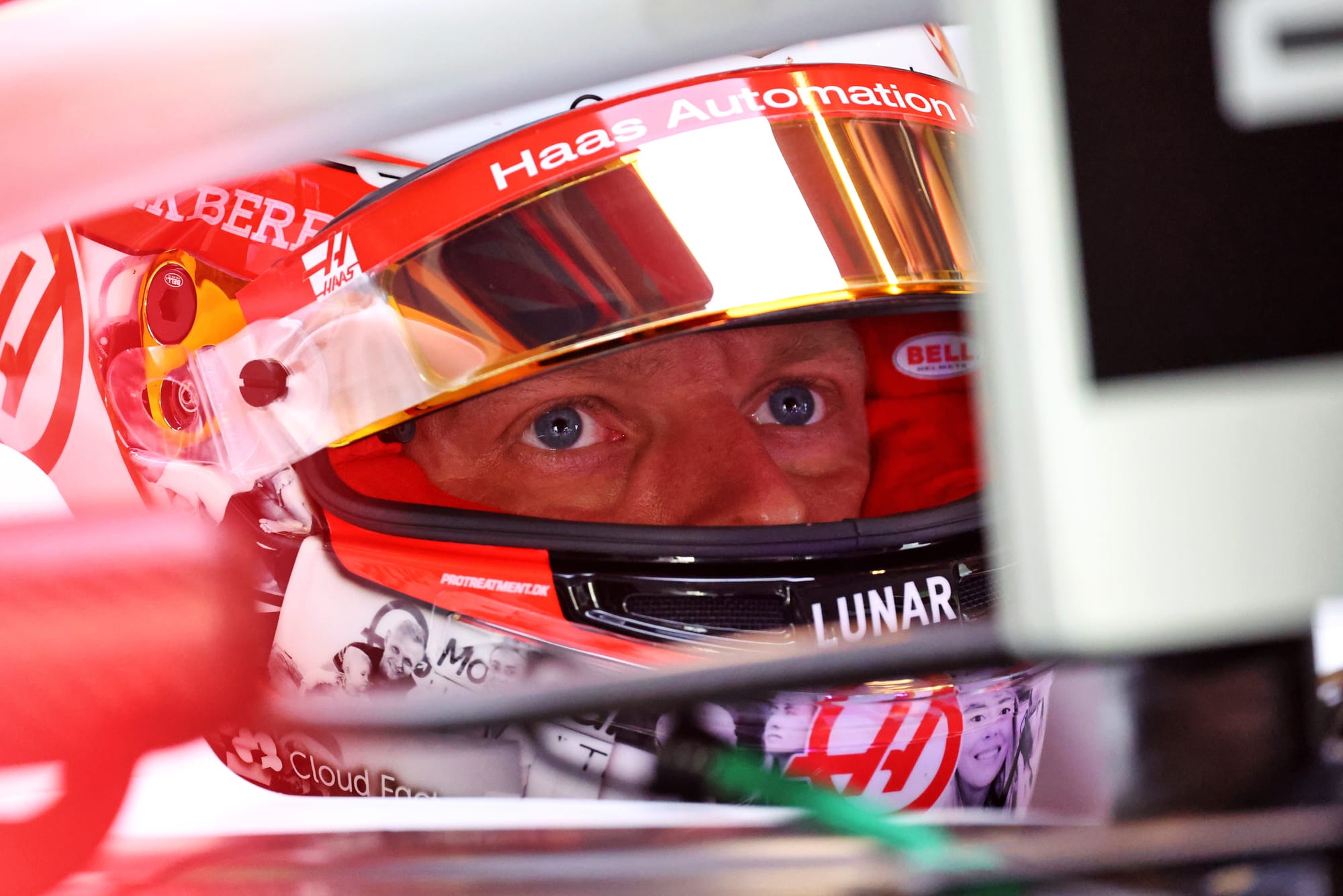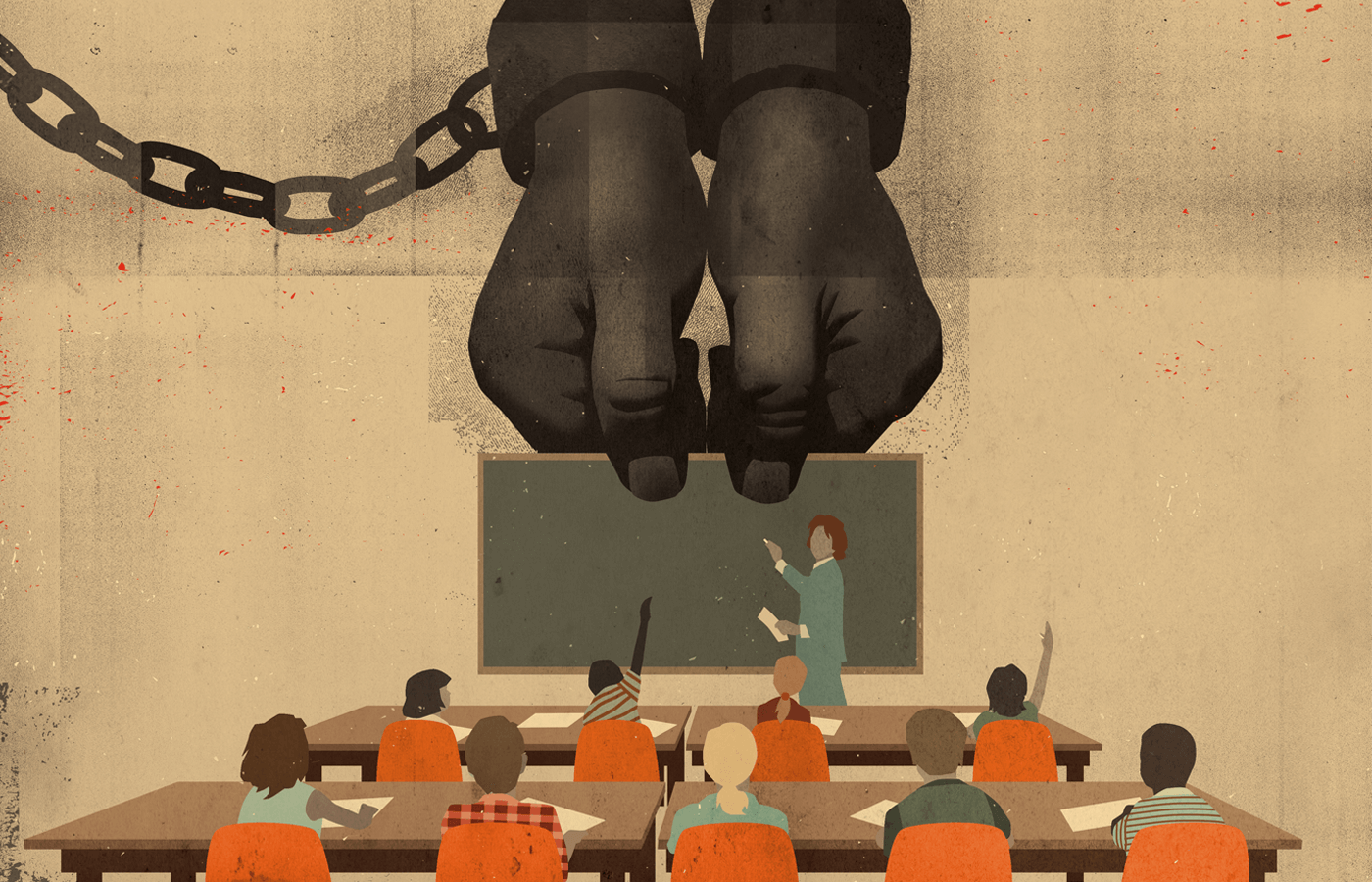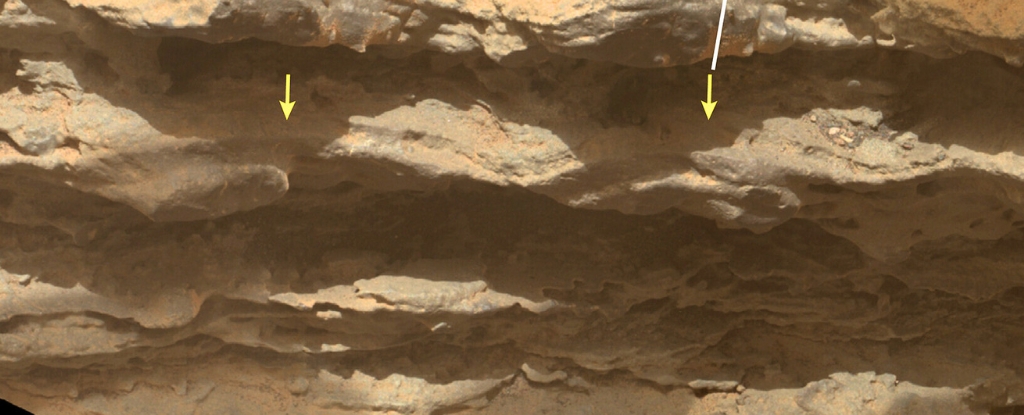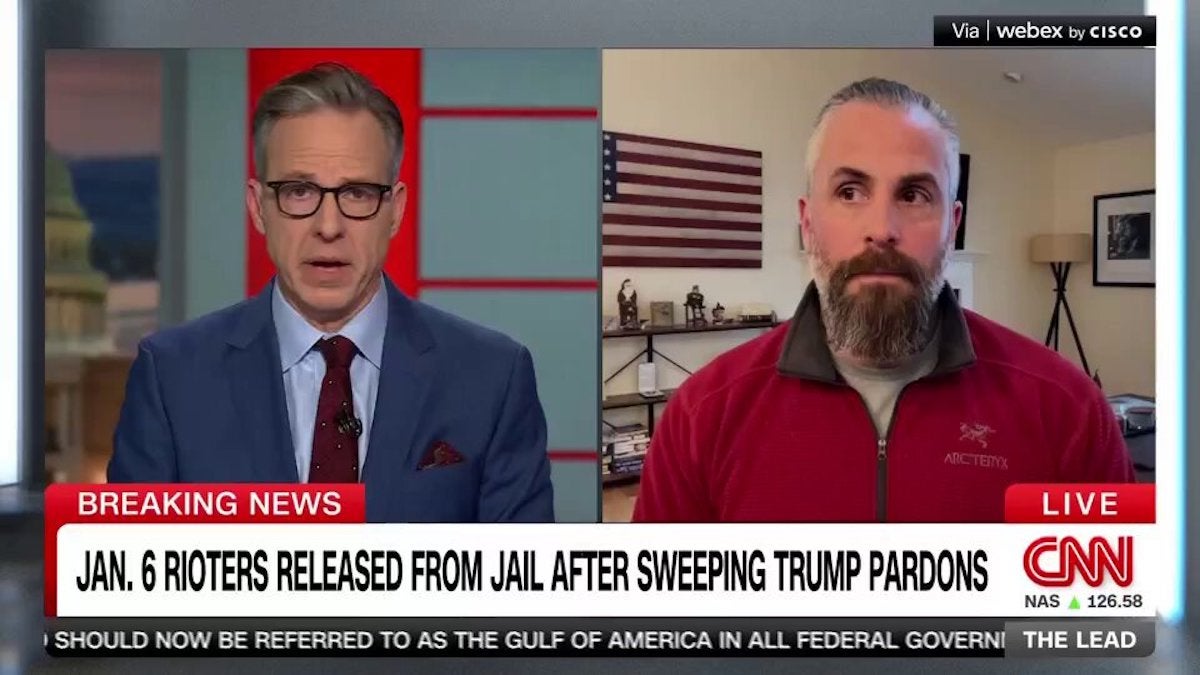From Biden to Trump, Handing Off a World in Transition
The outgoing National Security Advisor on Biden's record and passing the baton to his successor


Over the past couple of months, I have met regularly with my successor as National Security Adviser, Mike Waltz. As he said, during this transition, “For our adversaries out there that think this is a time of opportunity that they can play one administration off the other, they’re wrong.” [time-brightcove not-tgx=”true”]
As an American, I wish the new National Security Council team well and hope they succeed in their mission to protect American interests and foster a world of greater peace and prosperity.
The next administration, like ours, will face a world in transition. The post-Cold War era is over. We are in a contest over the future of economics, technology, and values. That contest has brought change and challenge in the last four years.
I am proud of the fact that the United States has grown considerably stronger over that time. We are now better-positioned to prevail in that contest and to shape this new era in ways that advance our interests and reflect our ideals.
America’s alliances have never been stronger. NATO is bigger and more unified that ever. When we took office, nine allies spent 2% of their GDP on defense. Now it’s 23%, and the rest are on track to do so. When we took office, Europe had just signed a significant trade agreement with China. Now Europe is working with us to push back on China’s aggressive economic policies.
In the Indo-Pacific, our bilateral alliances and trilateral cooperation with Japan and Korea—and Japan and the Philippines—are at unprecedented highs. Along with Australia and the U.K., we’ve created the AUKUS partnership on nuclear-powered, conventionally-armed submarines. Our relationship with India is closer and more dynamic than ever. We’ve elevated and institutionalized the Quad with India, Japan, and Australia. This is not just better atmospherics—the steps we’ve taken have generated a material increase in our shared capabilities and decisive new advantages in our strategic competition with China.
In the Middle East, our partnerships with Israel, the UAE and Saudi Arabia, among others, are strong and dynamic. We built and acted alongside an unprecedented regional coalition to directly counter Iran’s attacks on Israel. And we engaged in tireless diplomacy to achieve ceasefires between Israel and Hezbollah and Israel and Hamas, which will bring hostages—including Americans—home.
America’s competitors and adversaries are under real and growing pressure, even as their greater isolation draws them closer together. Iran is weaker and more exposed than at any time since the Iranian revolution. Its proxies Hezbollah and Hamas have been badly wounded. Its main ally Bashar al-Assad is gone. Our support for Israel was critical in bringing about this remarkable weakening of Iran’s regional and global position.
Russia tried to conquer Kyiv in days and failed. It is bogged down, having incurred more than 600,000 casualties and mortgaged its economic and technological future. Ukraine remains a free and independent nation. It is building leverage for negotiations with Russia. And we didn’t have to send Americans to war to make any of this happen.
When we took office, China’s economy was on track to surpass America’s by the end of the decade or shortly thereafter. Serious people predicted China would win the AI race. We flipped that script. We widened our lead. At the same time, we worked with a wide range of countries to shape the rules of the road for safe, trusted AI.
Meanwhile, America’s engine of national power is humming. Our supply chains are more resilient. Our investments in industrial and manufacturing capacity, especially in foundational technologies that are critical to our national security, are positioning us for the challenges ahead.
There are many areas where we adopted new policies that are vital not just to prevail in the strategic competition with China, but also to set us up for success in the AI revolution and the energy transition. These areas have garnered significant bipartisan support, and I hope the Trump administration builds on what we started.
First, we decided that we would not let China take our most sensitive technologies, especially on advanced semiconductors, and use them against us. We imposed targeted export controls, investment restrictions, and data security rules. We executed that plan in a disciplined and focused way, taking the initiative and then building international coalitions to work alongside us.
Second, we invested heavily in the defense industrial base after decades of neglect and complacency. This includes making investments in submarines and ships; enhancing manufacturing capacity for missiles, artillery, and air defense; and taking steps to leverage and unleash the potential of innovative technologies.
Finally, we understood that we have to offer a real alternative to China’s global investment model if we are to effectively deliver sustained growth and stability in the emerging world. That’s why we launched the Partnership for Global Infrastructure and Investment (PGI). This mobilizes private investment at scale to build physical, digital, and energy infrastructure—and strengthens our supply chains in Africa, Asia, and Latin America.
There are serious and ongoing challenges in the world, including in Ukraine, the Middle East, and the Indo-Pacific. Our adversaries are aligning more closely, even if largely out of necessity driven by their shared isolation and weakness. Technology is disrupting the global landscape, and the climate crisis is accelerating.
But America has a strong hand to play. Our alliances are stronger than ever. Our competitors and adversaries are weaker than we found them. We are not bogged down in war. Our supply chains are getting more resilient. Our foundational technologies are becoming more secure. Our defense industrial base is being rebuilt. Our capacity to take on the world’s biggest challenges is being renewed. We are advancing the clean-energy transition without massive dislocation to working families. We are making AI work for us rather than against us.
As President Biden likes to say, it’s never a good idea to bet against America. We are up to the task.
What's Your Reaction?












